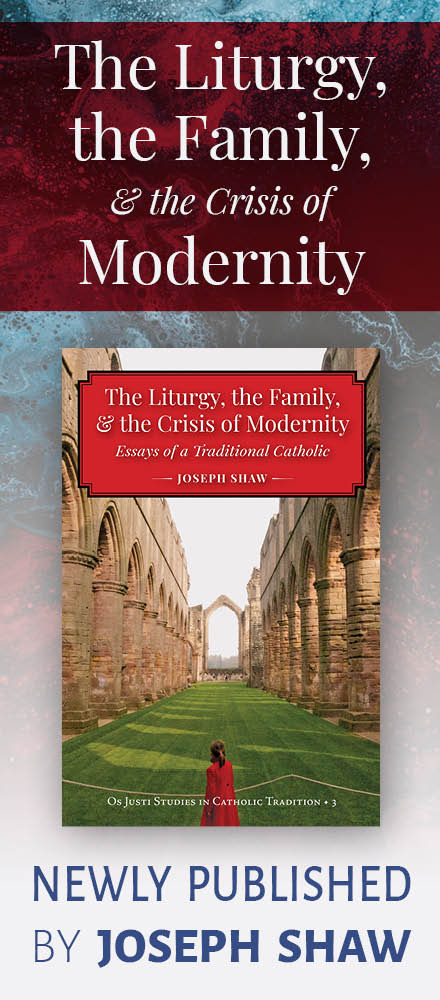Here is a record of the question and below is reprinted the answer. My question was whether composers could now begin posting settings of the Ordinary for free download without paying ICEL. Comments on this letter are welcome.
Dear Mr. Tucker:
Your letter of 5 August requesting permission to post musical settings of the newly-released texts of the Order of Mass online for free download was passed on to me by my assistant Jason McFarland.
As you know, the International Commission on English in the Liturgy was established by the Congregation for Divine Worship and the Discipline of the Sacraments as a Mixed Commission in service to the Conferences of Bishops that use English in the celebration of the Liturgy. As a result, permissions granted by ICEL for use of its texts are contingent on the authorization of the publication in question by the Conference(s) of Bishops in those territories where the publication is to be distributed. Various Conferences have been discussing the important issue of the timeline for catechesis on the implementation of the new Missal translation and the production of materials to aid in the reception of the new translation. It is our understanding that an implementation date for the publication of the Order of Mass texts will need to wait until the translation of the entire Missal has been approved by the Conferences of Bishops and the approval has received the recognitio of the Congregation for Divine Worship and the Discipline of the Sacraments. The schedule for release of musical settings of the Order of Mass, therefore, will be established by each Conference of Bishops. It is possible, however, that some Conferences will decide to allow for publication and release of musical settings of the Order of Mass before the entire Missal has been approved. Should you wish, therefore, to proceed with your plans to make available online settings of the new translation of the Order of Mass, you first need to contact the national liturgy offices of those Conferences where you plan to make these settings available. Along with your request for authorization, you will need to submit a copy of the manuscript to the national liturgy office. In the United States you would need to write the USCCB Secretariat of Divine Worship, 3211 Fourth Street, NE, Washington, DC 20017. Should you wish to proceed at this time, I will be pleased to send you a list of addresses of the various other national liturgy offices.
When you have received authorization from the Conference(s) of Bishops, we will draft a permission granting the rights to publish within those territories in which authorization has been secured. For most non-commercial uses of ICEL material, no fee is usually charged by ICEL.
It may help you to know that ICEL is a non-profit organization, whose assets belong entirely to its member Conferences of Bishops. The Commission in its early days was funded by its member Conferences, each Conference contributing a share of the total sum in proportion to the number of Catholics estimated to reside in its territory. When income began to come in from royalties, surplus funds (which amounted to over two and one half times the original cost of establishing the Commission) were distributed in the early years to the Conferences, divided according to the same ratio as their contributions. In recent years, royalty income has been used to fund the long process of translation of the Missale Romanum. Thanks to this income, it has not been necessary to request any contribution from member Conferences. When income increases, as is to be expected with the publication of a new Missal, the surplus will again be distributed among the Conferences.
The copyright ensures that the integrity of texts is preserved and that the rights of the Conferences to regulate their use are protected. The copyright is, therefore, a means of discouraging the issuance of inaccurate or unfinished or unapproved or unduly altered texts of the Church’s Liturgy.
As you may know, the ecumenical ICET texts (Gloria in excelsis, Nicene and Apostles’ Creeds, Preface Dialogue, Sanctus, Agnus Dei) were not under copyright, which partially explains changes made by individual composers to these texts.
Should you have any questions concerning the ICEL publication policies, you may wish to consult the ICEL Web Site, www.icelweb.org. I will also be pleased to respond, as best I can, to any additional questions you may have.
I thank you for your kind attention in these matters and wish you all the best.
Yours sincerely,
Peter C. Finn
Peter Finn
Associate Executive Director
International Commission on English in the Liturgy
1522 K Street, NW
Washington, DC 20005-1202
Phone: 202-347-0800
FAX: 202-347-1839
PFinn@eliturgy.org




















